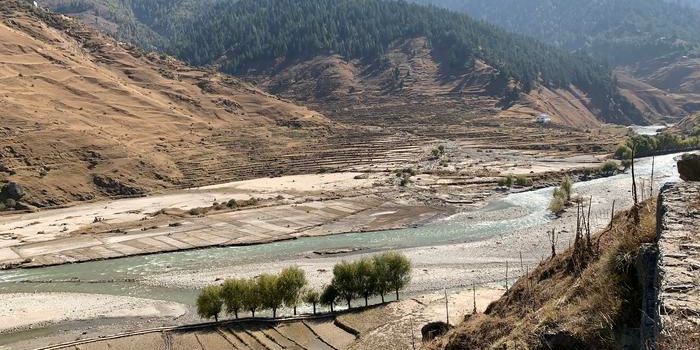New Study Finds Evidence of Brief Presence of Water on Mars
Up north on Mars’s surface lies a region called Arabia Terra, an area with many craters and heavy erosion approximately the same size as Europe. The topography of Arabia Terra presents a unique history of the Martian landscape through its layers of different rocks and sediment. Scientists speculate that these rock formations provide a record of Mars’s surface environments dating back 4,100 to 3,700 million years ago. This period, known as the Noachian, occurred approximately when life forms first appeared on Earth.
Without the ability to directly observe the geological formations within Arabia Terra, researchers at Johns Hopkins University and Northern Arizona University used satellites to collect data on the geological formations. A new study published in GeoScienceWorld proposes that water existed on Mars briefly within the region.
To come to this conclusion, researchers measured the thermal inertia of materials in the regions. Thermal inertia is the ability of a material to resist thermal change. Water, for instance, has high thermal inertia because it takes a relatively long amount of time to heat up or cool down. Studying the thermal inertia of the deposits in Arabia Terra had not been done before this study, giving researchers a novel look at Mars’s geology.
The geological layers present in Arabia Terra indicated varying surface conditions, and some of the layers had the distinctive properties of elevated thermal inertial compared to surrounding rocks and layers. Usually, this evidence is generally indicative of an aqueous presence. Still, the number of deposits was not as homogenous as one would expect from water that covered a large area or lasted a long time, so it’s possible that water only existed for a short time.
The discovery of historical evidence for water is just the tip of the iceberg. The chance of life forming during this time is slim, but researchers want to investigate why water may have existed for only a brief time and then disappeared.
For lead researcher Ari Koeppel, this raises many questions. “Could there have been glaciers that melted quickly with outbursts of huge floods? Could there have been a groundwater system that percolated up out of the ground, […] only to sink back down?"
After decades of data collection on Mars’s environment, researchers are excited to study Mars in depths similar to how we are able to study Earth.
Sources: GeoScienceWorld, ScienceDaily








